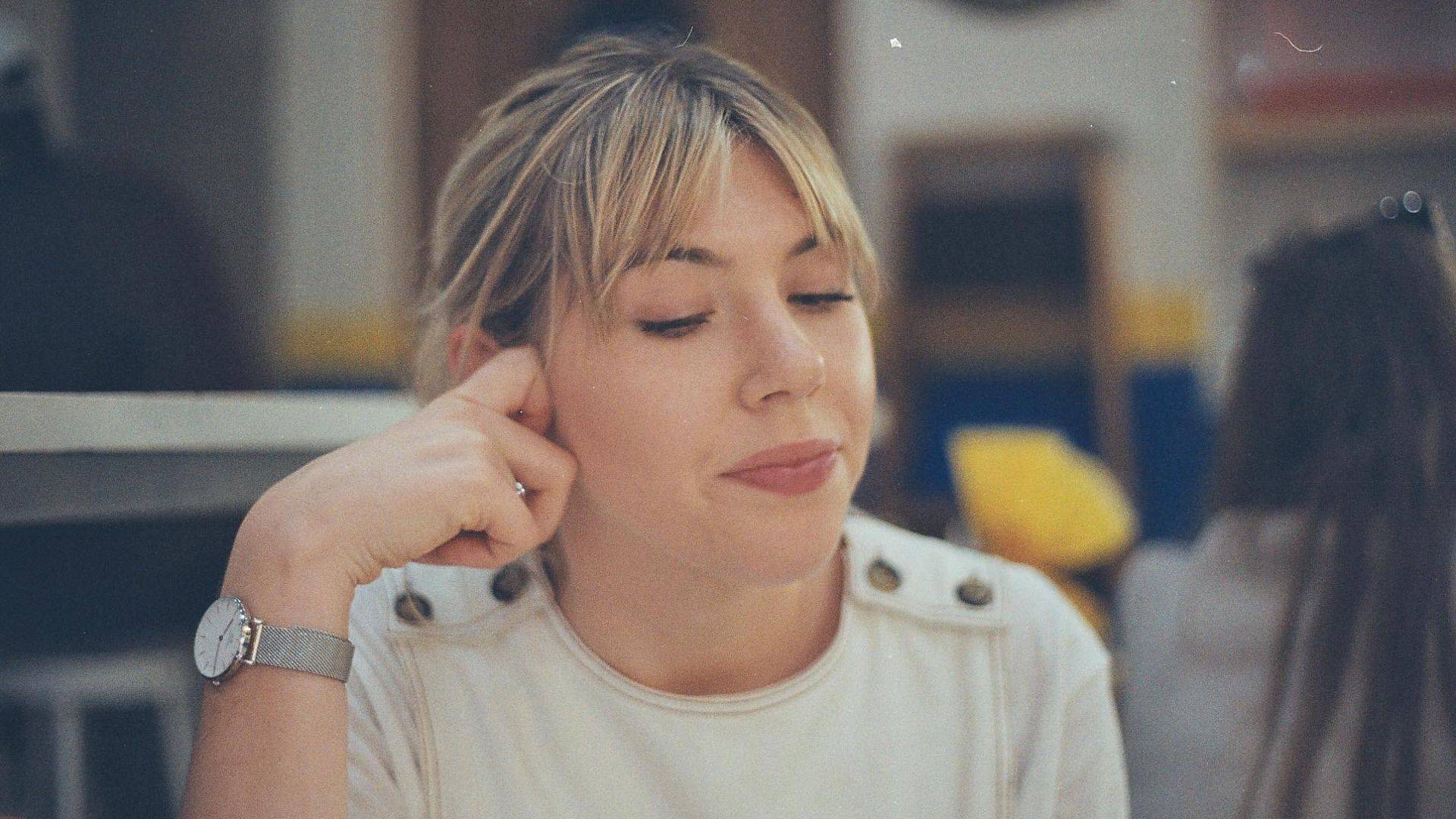A Love Letter To Reality TV And The Power Of Escapism

For most of my life, I’ve seen reality television much the same way as I assume the majority of its consumers see it – a fluffy, mind-numbing form of entertainment. It was only in the last few years, as I began to experience symptoms of anxiety, that I realised the genre has the ability to play a much more important part in our lives.
Hear me out – because I know you’re probably thinking, “is this guy crazy?” and you’re considering closing the tab and loading up the next episode of Love Island. If so, well, thank you… case in point.
For a while now, I’ve realised how helpful reality TV can be in alleviating my anxiety. I’ve thought about it, and I reckon its effectiveness lies in the promise of escapism: its ability to take us temporarily out of our own reality and into someone else’s for 45 minutes or so. It’s often overlooked – seen as a throwaway form of entertainment starring talentless, fame-hungry contestants and, at times, questionable premises. But I believe this is an unfair judgement.
Now, I’m not saying doctors should prescribe a season of The Bachelor to someone struggling with a clinically diagnosed anxiety disorder. I’m saying that winding down on the couch to watch some reality television after moving through your day faced with situations that make the cooling fans in your brain run a mile a minute might be a lot more powerful than I once thought. And is that not kind of amazing? Imagine creating something with the sole purpose of entertaining an audience, only for it to also be a way in which a part of that audience is able to minimise tangible symptoms of their mental illness!
Lately I’ve experienced a whole host of personal stressors, from illness to family breakdowns. And do you know what helped me cope? Real Housewives. Yep, the sense of warm familiarity that comes with seeing a cast of women I've gotten to know over the show’s numerous seasons remains unmatched. Knowing they'll always be there, unbothered by whatever I might have going on (and instead descending the staircases of their unnecessarily large homes) is an oddly reassuring experience. There's science behind this, too – in an article on NBC, Psychiatrist Gayani DeSilva talks about ”wishful identification” in television, and the opportunity for “fantasy and immersion".
There are plenty of ways in which professionals have suggested we can boost serotonin. Improve our diet, go for walks, be more exposed to sunlight, take medication. I never expected that ‘watch reality television’ would be something I’d add to this list, but, as mentioned, it has genuinely worked for me. And I’m not the only one. I did a quick poll on my Instagram (I know, the height of academic research) and 85% of 33 people said that watching reality television helps to ease feelings of anxiety. I just feel like, even looking at the results of a sample of people as small as 33, maybe we should be giving more credit to, and taking more notice of, something, anything, that is having positive impacts on mental health. Don’t you?
Luckily, there is no shortage of offerings: we live in a time where reality TV is king, too much is not enough,until of course, it is. Yes, I'm slipping a PSA in here: you can overdo it, and just like everything, over-indulging can be unhealthy. In 2019, a study from the UK Mental Health Foundation surveyed 4505 young people aged 18-24, finding that 24% of respondents say reality TV made them worry about body image. Even contestants and cast members involved in some of these shows have gone on to suffer mental health problems and even take their own lives.
So it’s important to look after yourself, know your limits, and familiarise yourself with the line between escapism and avoidance. Calm Clinic writer Micah Abraham says television can play "a productive role in your anxiety" as long as you make smart decisions about your watching habits. Sweeping things under the rug and using reality television as a way to avoid uncomfortable feelings or doing genuinely important shit can come at a serious cost. Victorian Psychologist Dr Victoria Miller drives this point home, saying: "It’s important that escapism is used as a tool to help refuel rather than to persistently avoid life and stressors that need addressing". Preach.
Looking back on another intense lockdown when escapism (and a little avoidance) has been absolutely necessary, it feels like about time we tip our hat to our favourite reality TV shows, and all those who make it. Whether you’re hitting the ‘record’ button on a shot of six women throwing wine at each other, or you’re neck-deep in editing footage of a drama-filled rose ceremony, just know that by capturing one form of reality, you’re providing a rabbit hole of escapism to someone who badly needs a break.
Editor’s note: This story is based on one writer’s personal experiences and is not intended as advice. If you’re struggling with your mental health, there are plenty of ways to seek help. Jump on over to Headspace (ages 12-25) or call Lifeline (all ages) on 13 11 14 to speak to someone. Kids Helpline has some great resources on their website, too, and a 24/7 call line at 1800 55 1800.
Written by Jesse Chaffey. Catch up with him on Twitter at @jessechaffey.





